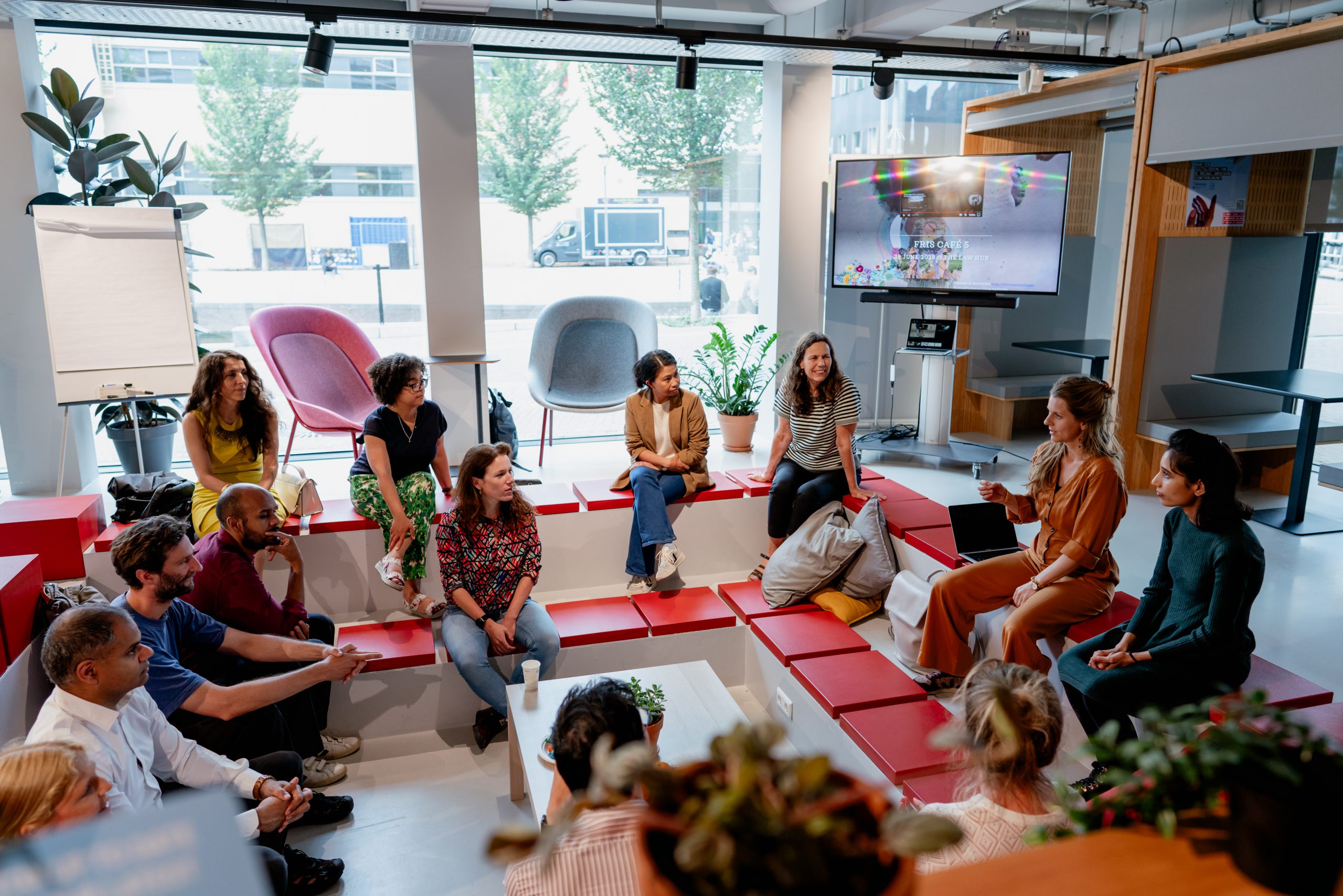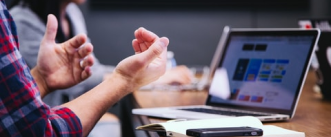Transition Makers Toolbox
A teaching toolbox for societal transitions. The Transition Makers Toolbox supports teachers and educational developers in integrating personal and professional development into their teaching. It equips students with the skills and attitudes needed to bring about social change.
The toolbox provides ready-to-use teaching activities based on the Inner Development Goals framework , which consists of 23 essential skills and attitudes divided into 5 dimensions. Each tool contains ready-to-use teaching activities with appropriate testing and can be adapted to specific educational contexts.
 The Transition Makers Toolbox is a collaborative initiative of the Institute for Interdisciplinary Studies (IIS) at the University of Amsterdam and the alliance of Technical University Eindhoven, Wageningen University & Research, Utrecht University and University Medical Centre Utrecht (EWUU), supported by the Teaching & Learning Centre of the University of Amsterdam and Liberal Arts and Sciences and University College Utrecht at Utrecht University.
The Transition Makers Toolbox is a collaborative initiative of the Institute for Interdisciplinary Studies (IIS) at the University of Amsterdam and the alliance of Technical University Eindhoven, Wageningen University & Research, Utrecht University and University Medical Centre Utrecht (EWUU), supported by the Teaching & Learning Centre of the University of Amsterdam and Liberal Arts and Sciences and University College Utrecht at Utrecht University.
Collaborating for transformative education
In a world of constant change, building a sustainable future requires vision, leadership and the skills and capabilities to drive societal transitions. Education plays a key role in preparing students for these challenges. The Toolbox offers educators, curriculum developers and other education professionals practical methods to integrate affective and transdisciplinary learning into their teaching practice.
Together with educators across more than 10 higher education institutions in the Netherlands, we have developed these tools for teachers to implement in their classrooms. These tools aim to equip students with the cognitive, affective and collaborative abilities needed for meaningful societal impact. Affective learning empowers students to develop essential skills and attitudes to tackle global challenges, such as resilience, collaboration, reflection, connecting perspectives and building bridges between people and ideas, and the courage to experiment or go against the grain.
The IDG framework
The Inner Development Goals framework outlines 23 essential skills and qualities across five dimensions – Being, Thinking, Relating, Collaborating and Acting – for exploring the human growth needed to achieve the Sustainable Development Goals formulated in the UN Agenda for 2030. The framework highlights the interplay of personal and collective skills within systems, which are interconnected and constantly evolving.
Transition Makers Toolbox
The Transition Makers Toolbox builds on this framework by translating these skills and qualities into intended learning outcomes and step-by-step learning activities paired with assessment, tailored for the higher educational context. The tools in this Toolbox are designed to help educators integrate these skills and attitudes into their teaching, preparing students for meaningful societal impact through innovative teaching practices.

Senior Curriculum Developer and STQ trainer Dr. Ilja Boor
For information about the Transition Makers Toolbox please get in touch with Belle Jansen.
Educational Developer, Faculty of Science.

SIG Fair, Resilient & Inclusive Societies (FRIS)
The SIG FRIS is a network of educational innovators who want to contribute to the development of more Fair, Resilient & Inclusive Societies (FRIS). In 2022, the SIG FRIS launched as UvA’s second thematic educational innovation grant from TLC-Central and the Institute for Interdisciplinary Studies. In the context of an overheated and fast-paced academic learning and working environment, this SIG constitutes a growing collective learning space that strives to ‘refresh’ the academic world.

SIG Impact Learning
Impact Learning is a form of education that actively engages students in addressing real problems and making meaningful contributions to society. Impact Learning goes beyond the traditional classroom and encourages students to engage with society, apply their skills and knowledge to solve real problems and turn challenges into solutions. This involvement can take various forms, including direct collaboration with society, engagement with external project partners or communities, and participation in citizen science initiatives.






